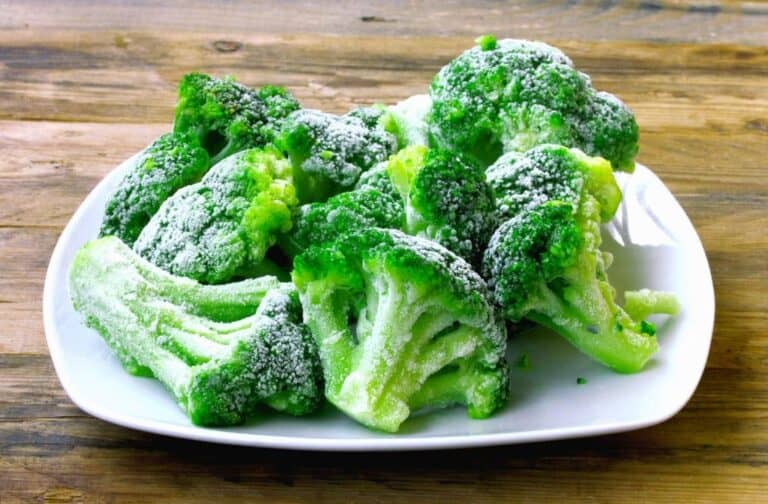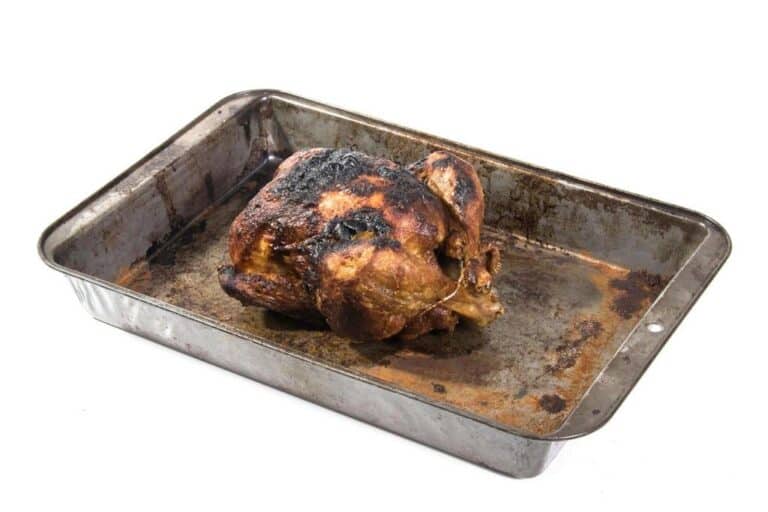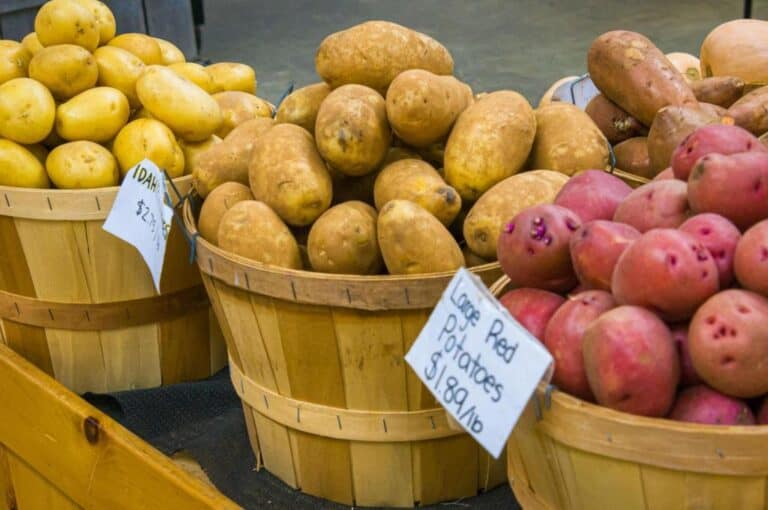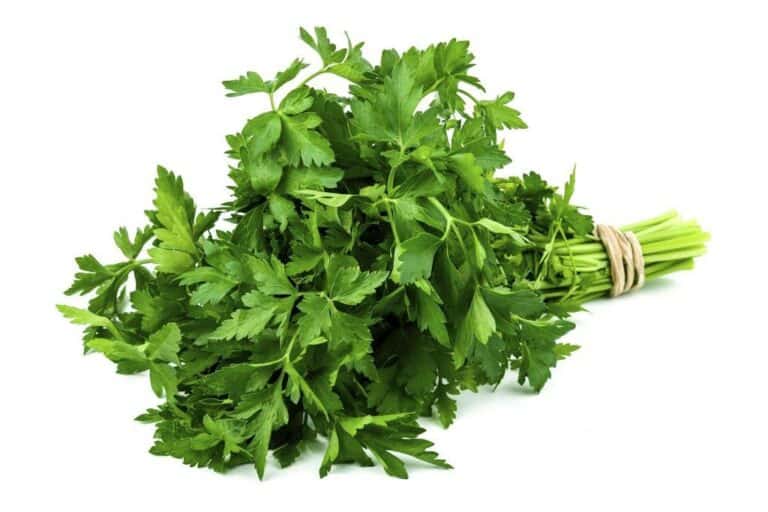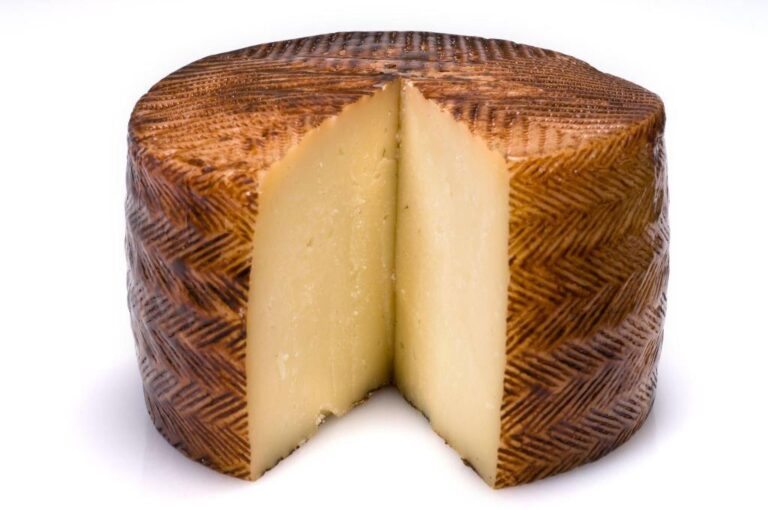Do Brussels Sprouts Really Taste Like Cabbage? Understanding the Flavor Profile
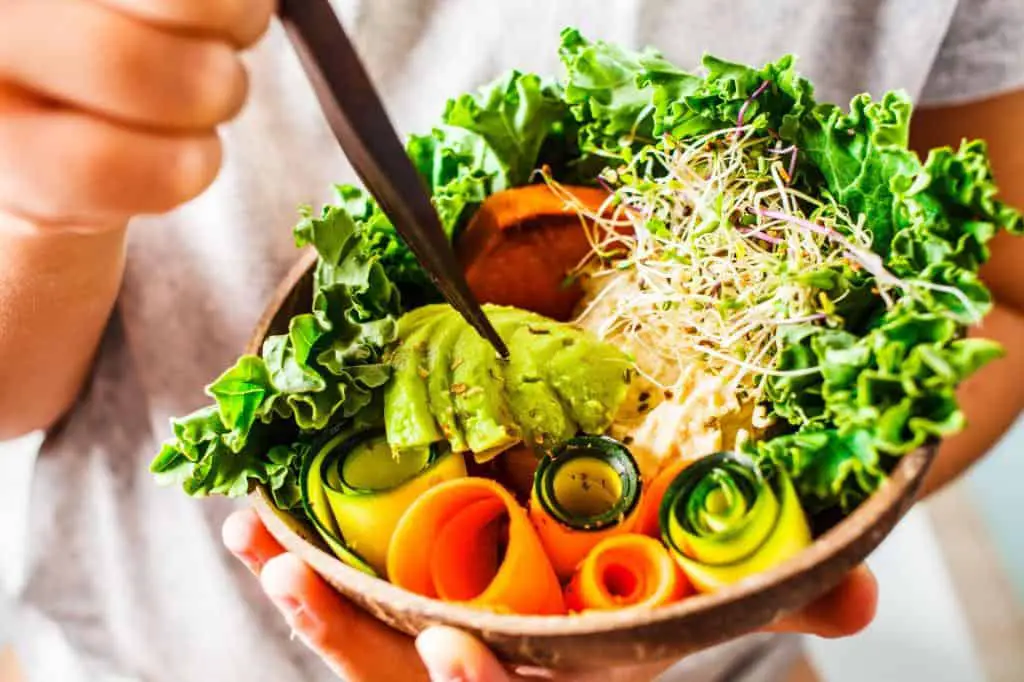
Brussels sprouts, those tiny green vegetables that resemble miniature cabbages, have piqued the curiosity of taste enthusiasts and culinary adventurers for ages. Their petite size and close resemblance to their larger cabbage cousins have sparked endless debates about their flavors. Do Brussels sprouts truly taste like cabbage? Are they just miniature replicas of the beloved leafy vegetable?
In this captivating article, we embark on a flavor-filled journey to uncover the truth about Brussels sprouts and their taste profile. Brace yourself for a culinary exploration as we delve into the unique flavors, cooking methods, and nutritional value of these intriguing veggies.
Prepare to be surprised as we unravel the secrets behind Brussels sprouts’ distinctive taste and discover delightful ways to enjoy them beyond their cabbage-like appearance. Get ready to tantalize your taste buds and embark on a flavorful adventure with Brussels sprouts like you’ve never imagined!
The Botanical Relationship between Brussels Sprouts and Cabbage
Before we delve into the taste comparison, it’s important to understand the botanical connection between Brussels sprouts and cabbage. Both vegetables belong to the Brassica family, which includes cruciferous vegetables known for their health benefits. This family also includes other popular vegetables like broccoli, kale, and cauliflower.
While Brussels sprouts and cabbage share a common ancestry, they do have noticeable differences in taste and appearance. Brussels sprouts are small, compact, leafy green buds that grow in a spiral pattern along the stem. Cabbage, on the other hand, forms a round or oval-shaped head composed of overlapping leaves.
Do Brussels Sprouts Really Taste Like Cabbage?
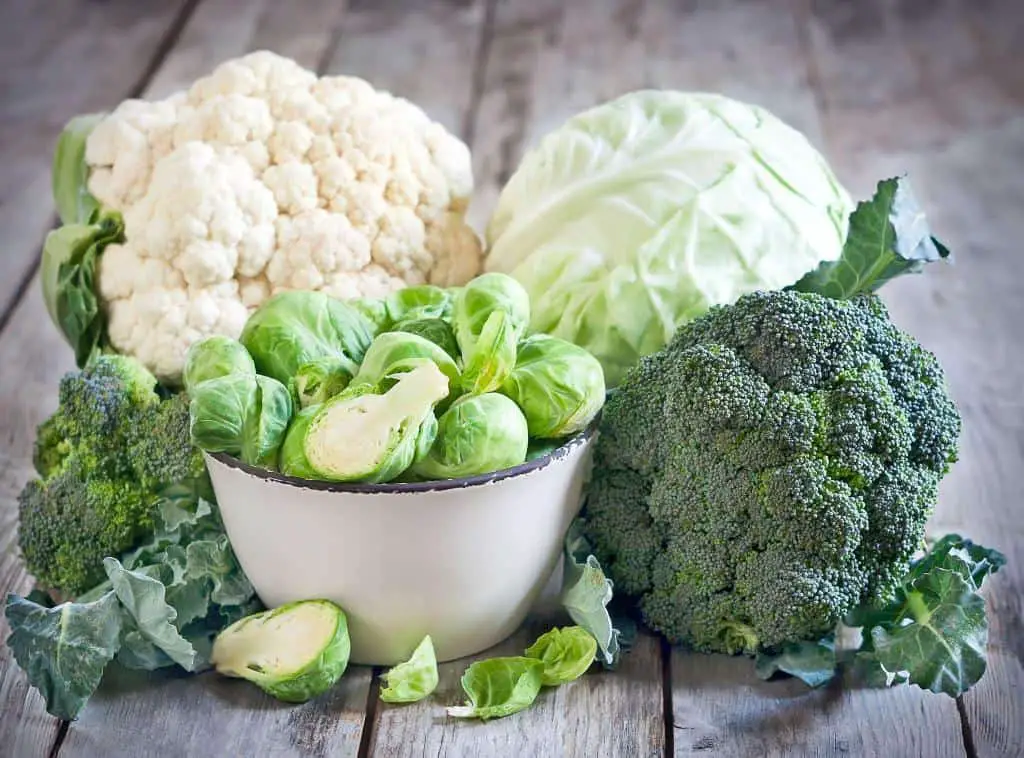
Exploring the flavor profile of Brussels sprouts unveils a fascinating journey into the culinary world. These petite green vegetables possess a distinct taste that sets them apart from other members of the Brassica family. While Brussels sprouts share some similarities with cabbage, they also boast their own unique flavor profile that can surprise and delight the taste buds.
The Taste Comparison between Brussels Sprouts and Cabbage
Brussels sprouts offer a combination of nuttiness, earthiness, and a subtle sweetness. Unlike their leafy cousin, cabbage, which tends to have a milder and slightly sweeter flavor, Brussels sprouts possess a more robust and pronounced taste. Some describe it as a blend of cabbage and broccoli, with a hint of bitterness that adds complexity to their overall flavor.
Several factors contribute to the unique taste of Brussels sprouts. One of the key elements is their concentration of glucosinolates, natural compounds responsible for their distinct flavor. Glucosinolates break down during cooking, releasing sulfur compounds, which can contribute to the slight bitterness and pungent aroma of Brussels sprouts.
Additionally, the cooking method and duration play a role in the flavor development, as different techniques can either intensify or mitigate the bitterness.
Table: Brussels Sprouts Flavor Profile
| Flavor Profile | Description |
| Nutty | Offers a distinct nut-like essence |
| Earthy | Conveys a grounding, rich taste |
| Subtle Sweetness | Exhibits a gentle hint of sweetness |
| Slight Bitterness | Adds complexity to the overall taste |
Cooking Techniques to Enhance the Flavor of Brussels Sprouts
The way Brussels sprouts and cabbage are cooked can significantly influence their flavor perception. Both vegetables can be enjoyed raw, with cabbage being commonly used in coleslaw and Brussels sprouts shredded in salads. However, when cooked, Brussels sprouts tend to develop a deeper and more complex taste, while cabbage softens and becomes sweeter.
To fully appreciate the taste of Brussels sprouts, it’s essential to explore different cooking techniques that can elevate their flavor. Here are some methods you can try to achieve a delicious flavor profile:
- Roasting: Preheat your oven to a high temperature, toss Brussels sprouts with olive oil, salt, and pepper, and roast until they are golden brown and crispy on the outside, while still tender on the inside.
- Sautéing: Heat a skillet over medium-high heat, add olive oil or butter, and sauté Brussels sprouts until they are lightly browned and caramelized, bringing out their natural sweetness.
- Steaming: Place Brussels sprouts in a steamer basket over boiling water and cook until they are tender yet still vibrant green. This method helps retain their nutrients and delicate flavor.
- Grilling: Brush Brussels sprouts with olive oil, season with your favorite herbs and spices, and grill until they develop a smoky char and a delightful crispness.
How to Reduce the Bitterness of Brussels Sprouts
Fortunately, there are several techniques you can employ to reduce the bitterness of Brussels sprouts and enhance the overall flavor of your roasted Brussel sprouts. Consider the following methods:
- Preparation: Before cooking, it’s essential to prepare your Brussel sprouts properly. Start by trimming the stems of Brussels sprout and removing any discolored or damaged outer leaves. Rinse them thoroughly under cold water to remove any dirt or debris.
- Blanching: One effective technique to reduce bitterness is blanching. Simply place the trimmed Brussel sprouts in boiling water for a brief period (around 2 minutes) and then transfer them to an ice bath to halt the cooking process. This blanching step can help temper the bitterness and ensure a milder flavor.
- Marinating: Another method to combat bitterness is marinating the Brussel sprouts before roasting them. A simple marinade of olive oil, lemon juice, garlic, and herbs can add flavor and balance out any potential bitterness.
- Pairing with Complementary Flavors: Combining roasted Brussel sprouts with complementary flavors can help mask bitterness and enhance the overall taste. Consider adding ingredients like balsamic vinegar, honey, maple syrup, bacon, or nuts to add a touch of sweetness or richness.
Making the Most of Brussels Sprouts and Cabbage
Now that we have explored the taste of Brussels sprouts and cabbage, let’s discuss some delicious ways to enjoy these vegetables in your meals.
Brussels Sprouts Recipes
- Roasted Brussels Sprouts with Balsamic Glaze
- Preheat the oven to 400°F (200°C).
- Trim the ends of the Brussels sprouts and halve them.
- Toss the sprouts in olive oil, salt, and pepper.
- Roast them on a baking sheet for 25-30 minutes, or until crispy and golden.
- Drizzle balsamic glaze over the roasted sprouts before serving.
- Sautéed Brussels Sprouts with Bacon
- Cook bacon in a skillet until crispy. Set aside.
- Slice the Brussels sprouts into thin pieces.
- In the same skillet, sauté the sprouts in the bacon fat until tender.
- Crumble the cooked bacon and sprinkle it over the sautéed sprouts.
- Season with salt and pepper to taste.
Cabbage Recipes
- Coleslaw
- Finely shred cabbage and carrots.
- In a bowl, combine shredded cabbage and carrots.
- Add mayonnaise, vinegar, sugar, and salt to taste.
- Mix well and refrigerate for a few hours before serving.
- Stir-Fried Cabbage
- Heat oil in a wok or skillet over medium-high heat.
- Add thinly sliced cabbage and stir-fry for a few minutes.
- Season with soy sauce, garlic, and ginger.
- Continue stir-frying until the cabbage is tender-crisp.
- Serve hot as a side dish or as a main course with rice or noodles.
Conclusion
In conclusion, while Brussels sprouts and cabbage are related, they have distinct flavors that set them apart. Brussels sprouts offer a unique combination of earthiness, nuttiness, and a slight bitterness that can be enhanced through proper cooking techniques. Cabbage, on the other hand, provides a crisp and mildly sweet taste without the bitterness associated with its miniature cousin.
Both vegetables are nutritious and can be enjoyed in a variety of dishes, from roasted Brussels sprouts to stir-fried cabbage. So, if you’re curious about their flavors, don’t hesitate to give them a try and explore the culinary possibilities that await you.
FAQs
How do you make Brussels sprouts taste good?
To make and cook Brussels sprouts taste good, try roasting them in the oven with a drizzle of olive oil, salt, and pepper until they become crispy and caramelized. You can also sauté them with garlic, bacon, or onions to enhance their flavors. Adding a touch of sweetness, such as maple syrup or balsamic glaze, can help balance any inherent bitterness. Experimenting with different seasonings like herbs, spices, or even a splash of lemon juice can also elevate their taste.
Are Brussels sprouts better raw or cooked?
While Brussels sprouts can be enjoyed both raw and cooked, most people find that cooking them brings out their best flavors. Cooking methods like roasting, sautéing, or even steaming can soften the texture and mellow the slight bitterness, resulting in a more palatable taste. However, some enjoy the crunch and freshness of raw Brussels sprouts in salads or slaws. Ultimately, it comes down to personal preference and the desired flavor and texture of your dish.
How do you reduce the bitterness in Brussels sprouts?
To reduce the bitterness of Brussels sprouts, try blanching them briefly in boiling water for a couple of minutes before cooking. This process helps to remove some of the bitter compounds. Additionally, pairing Brussels sprouts with sweet or savory ingredients can help balance the bitterness. Adding ingredients like honey, maple syrup, balsamic glaze, bacon, or caramelized onions can complement the flavors and minimize the bitterness.
Can you substitute cabbage for Brussels sprouts in recipes?
While Brussels sprouts and cabbage are closely related, they have distinct flavors and textures. In most recipes, cabbage can be used as a substitute for Brussels sprouts, especially in dishes that call for shredded or cooked cabbage. However, keep in mind that the taste and texture may differ slightly. Cabbage is typically milder and more tender than Brussels sprouts, so adjustments may be needed to achieve the desired flavor and consistency.
How do you pick fresh Brussels sprouts?
When selecting fresh Brussels sprouts, look for firm, compact sprouts that are vibrant green in color. Avoid those with wilted leaves or discoloration. The size of the sprouts is a matter of personal preference, as smaller ones tend to be sweeter and milder in flavor, while larger ones may have a stronger taste. Additionally, check the stem end of the sprouts; it should be fresh, not dried out. Opting for locally sourced or organic Brussels sprouts can also ensure optimal freshness and flavor.
How do Brussels sprouts contribute to a healthy diet?
Brussels sprouts are a nutritional powerhouse. They are low in calories and packed with essential vitamins, minerals, and dietary fiber. These tiny veggies are excellent sources of vitamin C, which boosts the immune system, and vitamin K, which supports bone health. They also provide folate, potassium, and antioxidants, offering numerous health benefits. Incorporating Brussels sprouts into your diet can contribute to weight management, heart health, digestion, and overall well-being.
What are some common flavor pairings for Brussels sprouts?
Brussels sprouts pair well with a variety of flavors. Some popular combinations include:
Bacon or pancetta: The smoky and savory flavors of bacon or pancetta complement the earthiness of Brussels sprouts.
Balsamic vinegar: The tangy sweetness of balsamic vinegar adds a delightful contrast to the sprouts’ flavors.
Parmesan cheese: The nuttiness of Parmesan cheese enhances the taste of Brussels sprouts.
Garlic and herbs: Garlic, thyme, rosemary, or sage can elevate the flavors and add aromatic notes to Brussels sprouts.
Nuts: Toasted almonds, walnuts, or pecans provide a delightful crunch and enhance the overall taste of the dish.

